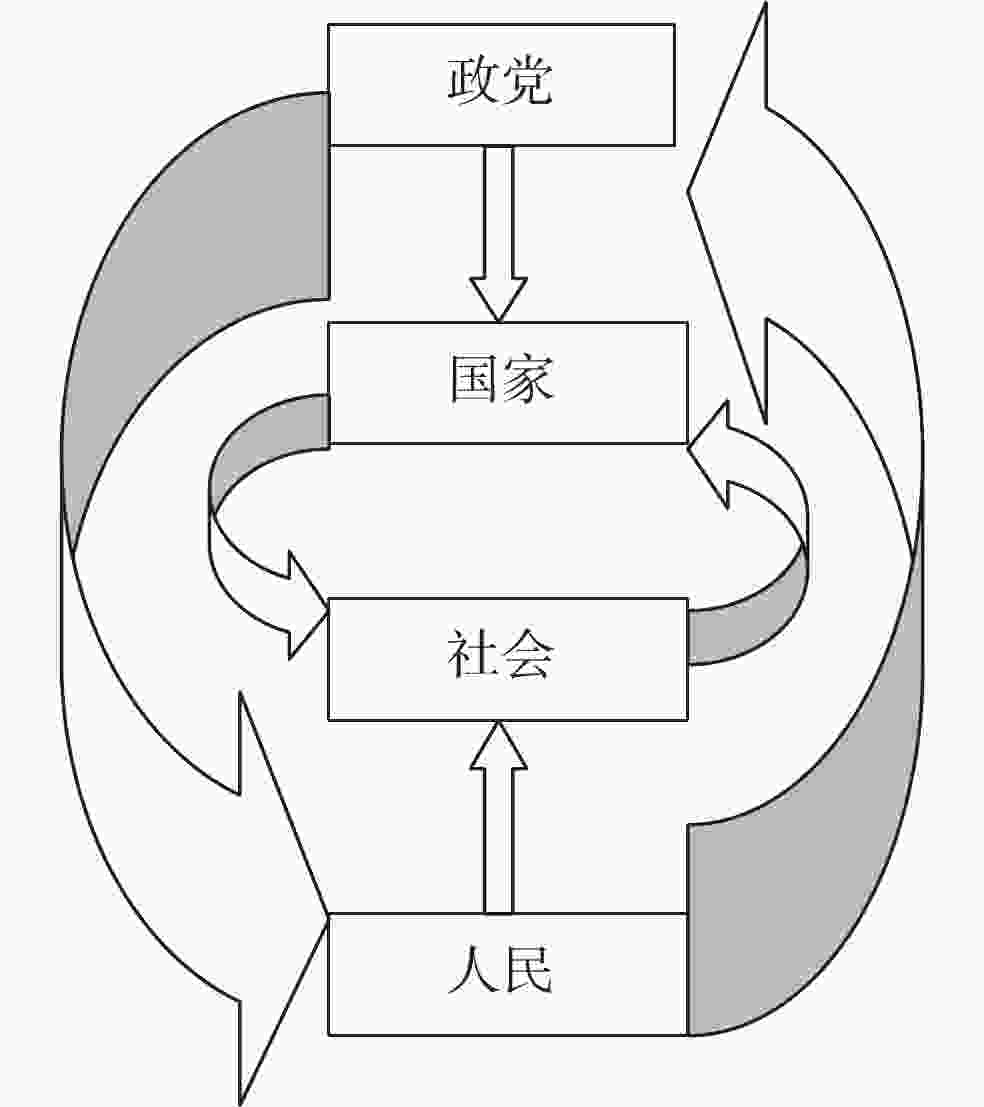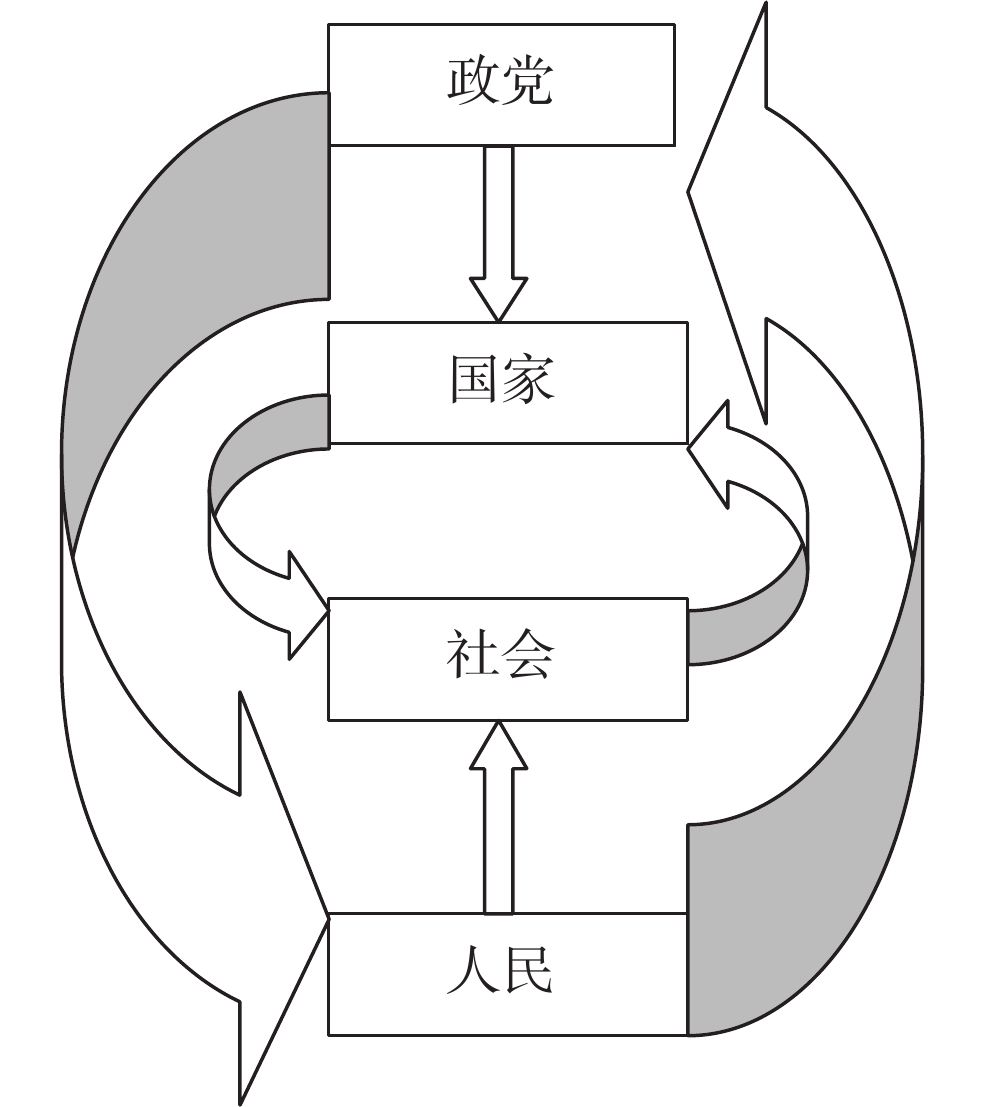中国革命和世界政治视野下的民主集中制
Researching Democratic Centralism in the Perspective of the Chinese Revolution and World Politics
-
摘要: 政体是把一个国家组织起来的根本性制度或手段,在中国,民主集中制不仅是一种事实性政体,体现了党和国家领导制度的关系原则,并贯穿在横向的“行政−立法”“政治−经济”和纵向的“中央−地方” “国家−社会”的四大结构性维度之中。民主集中制同时还是一个政策过程,作为连接现代化的国家治理体系和实现现代化的治理能力的中介机制,展现了中国国家治理的体制吸纳力、制度组织力和政策执行力。Abstract: Regime is the fundamental system to organize the country. In China, democratic centralism is the factual regime, embodying the principle of the party and state leadership. It runs through the relationship between the dimensions of " administrative-legislation”, " politics-economy”, " central-local” and " state-society”. Democratic centralism is also a policy process, which serves as the intermediary mechanism to connect the modern governance system and governance capacity, showing the capacity of system absorption, institutional organization and policy execution. The article attempts to compare democratic centralism with different political organizations in the perspective of history of the Chinese revolution and the changes of world politics, hoping to unearth the theoretical implications of democratic centralism.
-
Key words:
- Chinese revolution /
- world politics /
- democratic centralism
-



 下载:
下载:



 沪公网安备 31010102003103号
沪公网安备 31010102003103号